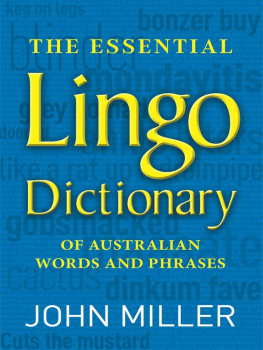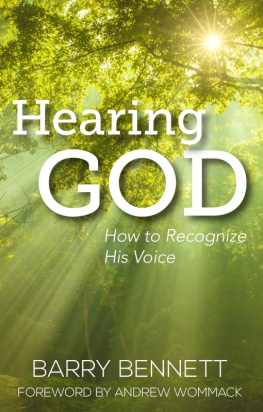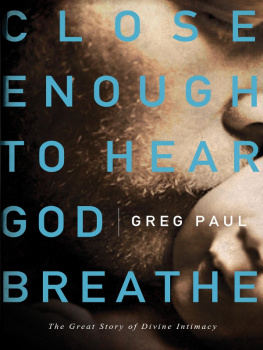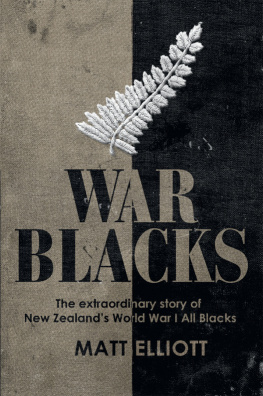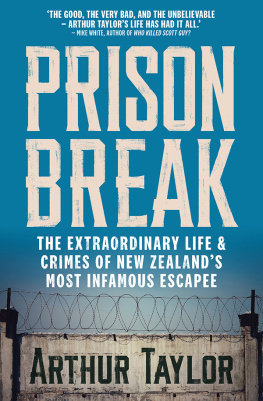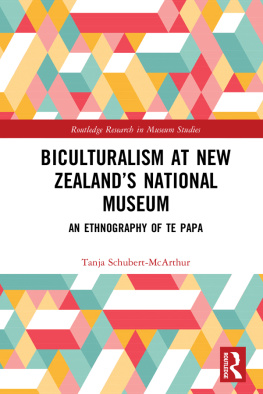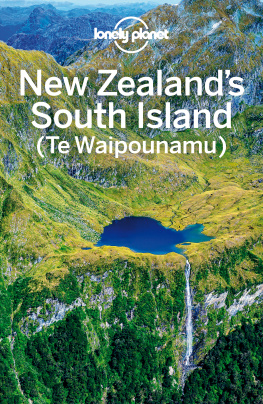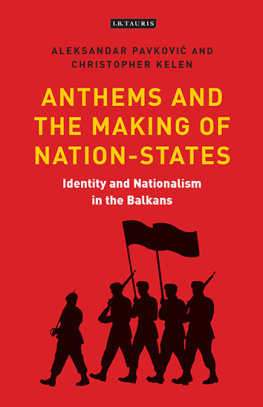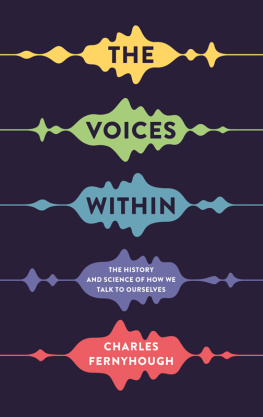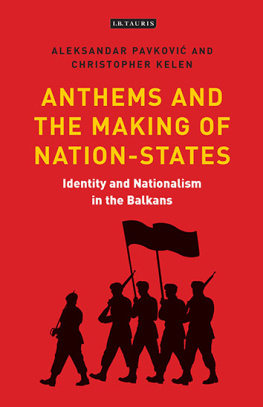Max Cryer - Hear Our Voices, We Entreat: The Extraordinary Story of New Zealands National Anthems
Here you can read online Max Cryer - Hear Our Voices, We Entreat: The Extraordinary Story of New Zealands National Anthems full text of the book (entire story) in english for free. Download pdf and epub, get meaning, cover and reviews about this ebook. year: 2004, publisher: Exisle Publishing, genre: Home and family. Description of the work, (preface) as well as reviews are available. Best literature library LitArk.com created for fans of good reading and offers a wide selection of genres:
Romance novel
Science fiction
Adventure
Detective
Science
History
Home and family
Prose
Art
Politics
Computer
Non-fiction
Religion
Business
Children
Humor
Choose a favorite category and find really read worthwhile books. Enjoy immersion in the world of imagination, feel the emotions of the characters or learn something new for yourself, make an fascinating discovery.

- Book:Hear Our Voices, We Entreat: The Extraordinary Story of New Zealands National Anthems
- Author:
- Publisher:Exisle Publishing
- Genre:
- Year:2004
- Rating:5 / 5
- Favourites:Add to favourites
- Your mark:
- 100
- 1
- 2
- 3
- 4
- 5
Hear Our Voices, We Entreat: The Extraordinary Story of New Zealands National Anthems: summary, description and annotation
We offer to read an annotation, description, summary or preface (depends on what the author of the book "Hear Our Voices, We Entreat: The Extraordinary Story of New Zealands National Anthems" wrote himself). If you haven't found the necessary information about the book — write in the comments, we will try to find it.
Max Cryer: author's other books
Who wrote Hear Our Voices, We Entreat: The Extraordinary Story of New Zealands National Anthems? Find out the surname, the name of the author of the book and a list of all author's works by series.
Hear Our Voices, We Entreat: The Extraordinary Story of New Zealands National Anthems — read online for free the complete book (whole text) full work
Below is the text of the book, divided by pages. System saving the place of the last page read, allows you to conveniently read the book "Hear Our Voices, We Entreat: The Extraordinary Story of New Zealands National Anthems" online for free, without having to search again every time where you left off. Put a bookmark, and you can go to the page where you finished reading at any time.
Font size:
Interval:
Bookmark:
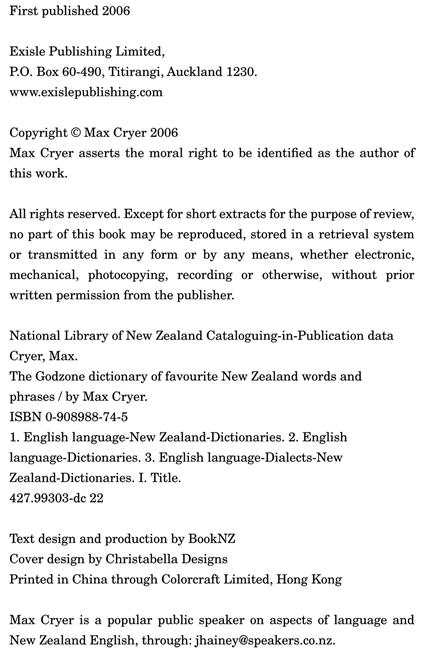
Hear Our Voices, We Entreat: The extraordinary story of New Zealands national anthems
The term Gods own country first appeared in New Zealand literature as the result of an anecdote reported by poet Thomas Bracken after he had visited Melbourne in 1890:
A recent arrival from New Zealand, walking along Collins Street, Melbourne, a short time since, encountered another Maorilander who holds a good position in the Victorian capital.
Well, how do you like Australia? enquired the recent arrival.
Oh! Its a wonderful place, replied the other, and I am doing very well here, but I would much sooner live on a far smaller salary in Gods own country.
Bracken used the phrase in an 1893 poem:
Give me, give me Gods own country! there to live and there to die,
Gods own country! fairest region resting neath the southern sky.
Subsequently, the Premier, Richard Seddon, used the term publicly, and it quickly went into New Zealand folk history. Although there is evidence that the term had been, and still is, used by other nations, it is nevertheless regarded by New Zealanders as an instant identification of their own country. By 1964 Gods own country had occasionally been contracted to Godzone, the respelling attributed to poet Allen Curnow, and popularised by Bruce Mason and Curnow himself, and it has remained in use, somehow combining irony with a reluctant affection.
The author thanks Henare te Ua, Richard Wolfe, Robbie Ancell and Graeme Fisher for their assistance in the preparation of this book.
For several hundred years, only the Maori language was spoken in New Zealand. During the 19th century, a strong link with Britain was forged, which remains to this day, influencing many organisations, administrative systems, social structures and language. Various languages, in fact, since Britain engendered many versions of English, and all of them found their way here. Later came interchange with Australia, and then powerful influences from the United States, by way of television and movies.
But by a process of selection capricious rather than Darwinian New Zealand retains those words it regards as fitting, and rejects those it does not, so that a distinctive national language style has emerged.
The selection process does not involve only words and expressions from the English language. When contact between New Zealand and the rest of the world began in the late 1700s, it was clear from the start that some aspects of life in this country could be expressed only in Maori words. And the number of these in general use continues to grow. Since the publication of my 2002 collection, Curious Kiwi Words, the number of Maori words now considered an everyday part of New Zealands vocabulary has doubled: many are included here.
Strong local speech idiosyncrasies have also developed. One is the interrogative rise in pitch at the end of any narrative statement, be it only a single word. Strangely prevalent also is the New Zealand liking for hypocorism retaining baby-talk into adulthood. When an adult television weather reporter tells his viewers that the day has seen fine beach weather and we have pickies to show you, nobody even blinks. It is the same with drinkies, ta-ta, barbie, rellies, Chrissy, drinkies and a dozen others.
In New Zealand, too, metathesis means many words have their component elements reversed so etc. becomes eck-setera, a dais becomes a dias, anemones are reborn as anenomes, vulnerable is vunlerable, and so on. One television host had to be told that artists were giving a performance, not a preformance.
This collection comprises words and terms whose usage is in general confined within New Zealand. Some were created here; others may have originated, and been forgotten, elsewhere, but they remain in currency here.
A dialect can be defined as a form of speech particular to a district, a variety of language with a non-standard vocabulary in relation to the language family to which it belongs.
The Godzone Dictionary is a study of, and tribute to, the dialect of New Zealand.
Adam since Adam was a cowboy Referring to a time long ago, or covering an extensive period. This version of the expression and another version referring to a well-known former premier, Since Dick Seddon died, are variations on a very old British expression: When Adam was an oakum boy in Chatham dockyard. Besides the adaptations indicated above, other variations exist, e.g. Since God called the chickens home, and Since the Lord had measles.
aeMaori Used in the same way as English yes, to indicate agreement.
afghan This crunchy, chocolate biscuit, usually containing cornflakes, and topped with rich chocolate icing and a walnut, has been popular in New Zealand since the 1930s. The name apparently refers to the dark colour.
afternoon tea A mid-afternoon break, either from work duties or as a purely social occasion, usually including snacks of varying levels of elegance, and some kind of non-alcoholic drink.
aggroabbrev. A combination of aggravation (made worse, intensified) and aggression (over-readiness to attack), this contracted abbreviation came into use in the 1960s to indicate annoyance and exasperation. The meaning of aggro has both widened and weakened: it can indicate either a potential street fight, or something as minor as a person being a few minutes late, thus causing aggro to the person waiting. Bernie couldnt play rugby on Saturday he damaged his hands after some aggro in the street on Friday night.
agribusiness A term referring to commercial land use as a business, interacting with service and supply organisations. It can also be heard as a recognition that farming of any kind, besides being a vocation, must also generate income and use the same techniques as other businesses.
a into gabbrev., informal Arse into gear, either describing ones own burst of activity, or sometimes an instruction to someone else, to get started and become active. Hell never finish painting the house by Easter unless he gets his a into g very soon.
ake, akeMaori Signifies eternity, for ever. Maori language intensifies or enlarges a description by doubling the word, so ake, ake is forever and ever, as in the Maori Battalion Marching Song: Ake, ake, kia kaha e! Forever and ever, be strong!
All Blacks New Zealands official representative rugby team. They wore blue at their first outing in 1884, but changed to black in 1893. There has been no clear evidence confirming why they became known as All Blacks, apart from the simple fact that their uniforms were that colour. The first known printing of the name was in the Devon Express and Echo in September 1905: The All Blacks as they are styled, by reason of their sable and unrelieved costume. A belief that the name came from a British provincial newspapers typographical error blacks rather than backs has never been proven.
all get out To a high degree, achieving total effectiveness. When Mum got dressed for the wedding, she was as glamorous as all get out.
All Whites The New Zealand mens international soccer team (Association Football).
amber liquid A popular colloquialism for beer. Whether through some overhang of temperance puritanism or an uncharacteristic desire to make the language more colourful, beer is often referred to by other names. Rather than say the word itself, suds, sauce and turps were used as informal replacements and often the noun was dropped altogether: to have a few or sink a few are common New Zealand expressions.
Font size:
Interval:
Bookmark:
Similar books «Hear Our Voices, We Entreat: The Extraordinary Story of New Zealands National Anthems»
Look at similar books to Hear Our Voices, We Entreat: The Extraordinary Story of New Zealands National Anthems. We have selected literature similar in name and meaning in the hope of providing readers with more options to find new, interesting, not yet read works.
Discussion, reviews of the book Hear Our Voices, We Entreat: The Extraordinary Story of New Zealands National Anthems and just readers' own opinions. Leave your comments, write what you think about the work, its meaning or the main characters. Specify what exactly you liked and what you didn't like, and why you think so.

